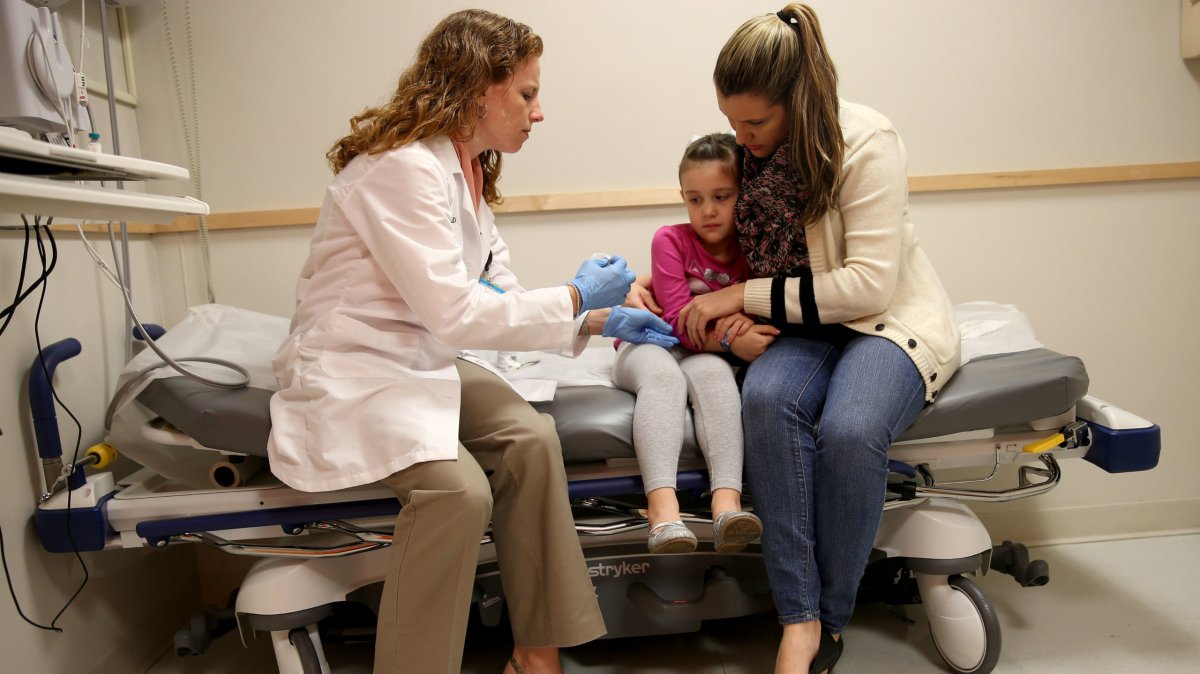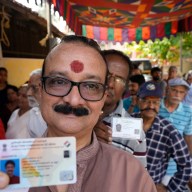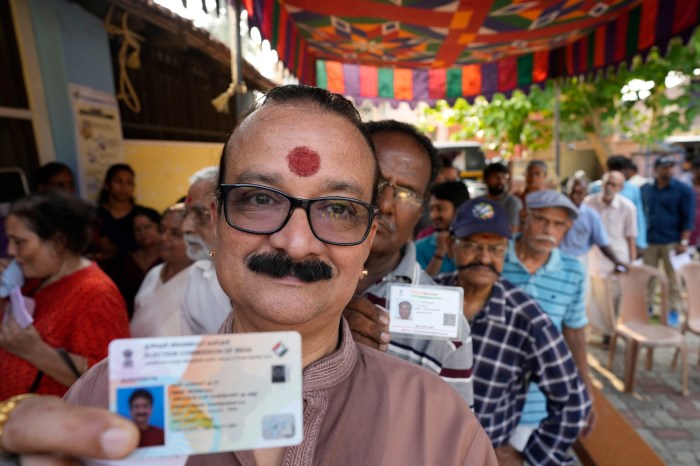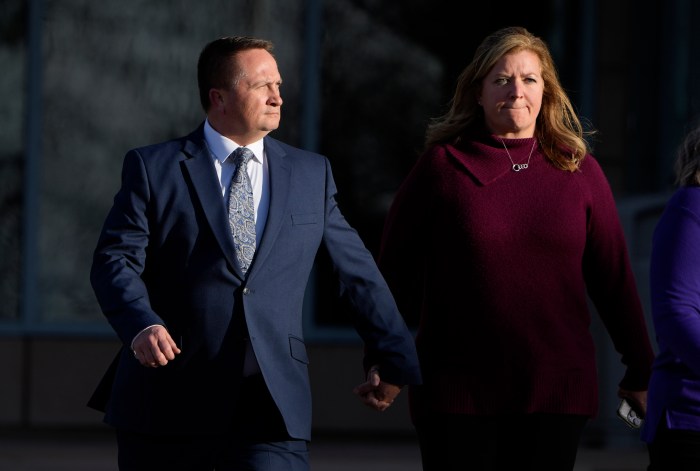Right now, there’s an ongoing measles outbreak in Brooklyn, with seven cases cropping up last week, all of them in unvaccinated children (one too young to have been vaccinated). Last year saw Minnesota’s worst measles outbreak in decades, and earlier this year, there was an outbreak in New York City.
“Measles outbreaks are often sparked from cases being brought into the U.S. from other countries and then transmitting to those who are not vaccinated.” Heidi J Larson, Director of The Vaccine Confidence Project and Professor of Anthropology, risk and decision science, told Metro.
The New York City outbreak was caused by a tourist, and the current Brooklyn outbreak was the result of an unvaccinated child traveling to an area in Israel currently undergoing a measles outbreak of its own.
“Given how much international traveling occurs in and out of the U.S., it’s very important to be protected with the vaccine,” Larson said.
The U.S. Center for Disease Control studied the growing number of measles outbreaks in the U.S. and found that 70 percent of new cases occur in unvaccinated patients and that an estimated 100,000 young children have not had a vaccination against any of the 14 diseases for which shots are recommended.
“This is pretty concerning. It’s something we need to understand better and reduce,” said the CDC’s Dr. Amanda Cohn in a statement.
About the measles vaccine
The measles vaccine has been available in the U.S. since 1963, and children are recommended to get vaccinated with two doses: the first when they’re in the age of 12-15 months and the second in the age of four to six, according to CDC.
Larson explains that the vaccine provides a very high protection at 93 percent for one dose and 97 percent after a second dose. The vaccine has very strict safety regulations and the U.S. provides a long-standing safety program that closely and constantly monitors the safety of the vaccine.
“They are much safer than being exposed to measles virus which can have serious complications,” Larson said.
Before the vaccine, there were three million to four million cases annually, according to CDC.
How come some children don’t get vaccinated?
Despite the effectiveness of the vaccine and high protection levels, some people choose not to vaccinate their children. A social movement of public health vaccine opposition has been growing in the U.S. in recent years, according to a study by Plos Medicine.
According to Dannemann, the founder of the Vaccine Liberation Army, an anti-vaccine organization, the natural wild strain of measles is a simple childhood disease that can affect everyone as a child.
“Children build the natural immune system so that when they grow up and are faced with more virulent adult diseases, the immune system is strong and prepared,” Dannemann told Metro.
Dannemann believes that it’s better to expose a child to a “natural” disease like the measles and build up the child’s immune system rather than getting the vaccine.
“Everyone in New York should go to Brooklyn and get their free dose of measles,” Dannemann answered regarding the recent outbreak in Brooklyn.
Measles may be viewed as a simple childhood disease, but it can also mean serious complications for those who are not vaccinated. Young children are especially vulnerable, and measles is very infectious and potentially deadly. In 2017, there were 89,000 measles deaths globally, most of them in children under the age of five, according to CDC.
“As the vaccines have been very successful in reducing the number of diseases it’s preventing, the diseases seem a less visible threat and the focus is more on the potential risk of the vaccine,” Larson said.
“The reality is, as we are seeing with the recent measles outbreaks, when there is measles anywhere in the world, we are all at risk if not vaccinated.”



















